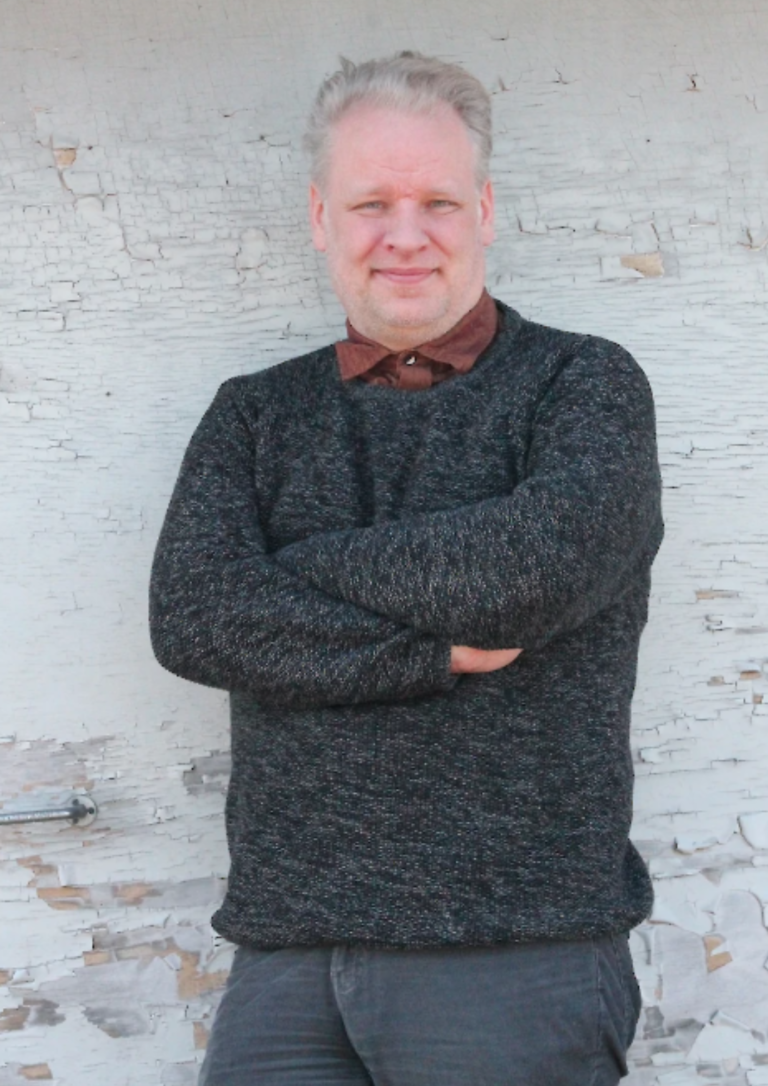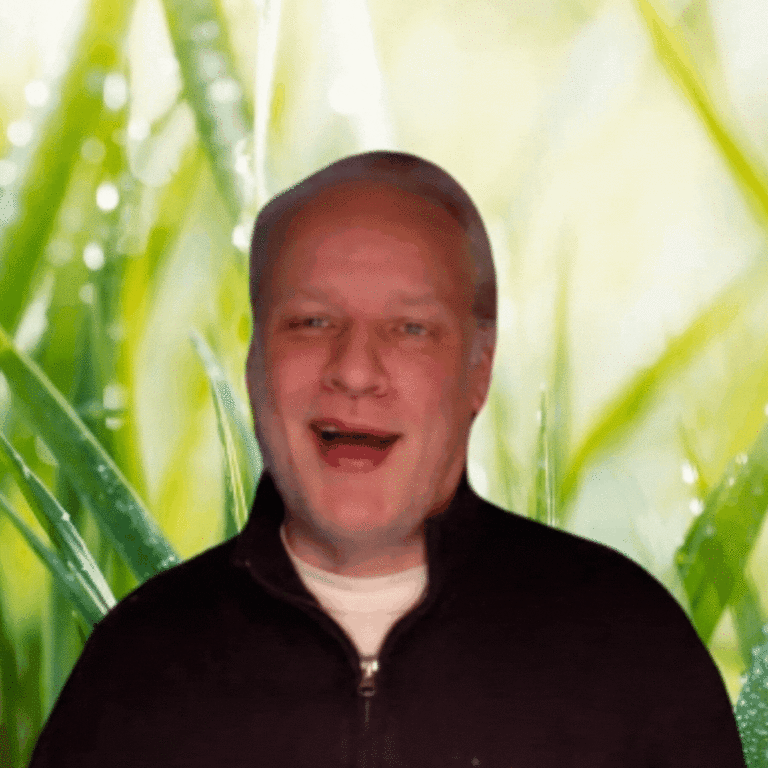
Czy możesz zrobić krótką prezentację o sobie?
Nazywam się Paavo Korpijaakko. Mam piątkę dzieci i mieszkam blisko oceanu w Finlandii. Jestem profesjonalnym kompozytorem od prawie 20 lat, więc to była długa podróż.
Czy możesz opowiedzieć więcej o swojej podróży w komponowaniu i operze? Jak się zaczęła?
Zanim zacząłem komponować, studiowałem. Nagle dostałem pracę w Savonlinna Opera Festival i od tamtej pory każdego lata tam pracowałem, mając okazję słuchać wspaniałych przedstawień i oglądać różne rodzaje didaskaliów. To było dla mnie wspaniałe źródło inspiracji, aby zacząć pisać opery i śpiewać.
Co cię inspirowało jako kompozytora? Masz kogoś lub coś, co cię zainspirowało?
I really appreciate traditional composers such as Verdi, Wagner, Puccini but I don’t think I have one particular person that was my source of inspiration. Maybe the music of Aulis Sallinen is pretty close to me. I came close to the musical language he uses and I learnt his style and well as his musical thinking. Personally, I think that his ability to create musical drama is one of the best I’ve met.
Czy możesz podzielić się swoimi refleksjami na temat tego, jak świat opery dostosowuje się do naszych czasów? Jak sądzisz, w jaki sposób opera może zaangażować więcej młodych ludzi?
That’s always a difficult question because in classical music it’s a real challenge to get young people. Despite that, I’ve recently seen a lot of modern stage directors who are moving the opera into the modern times, even creating science fiction style. I’ve seen “Dideon and Eneas” in Rijeka, Croatia and there instead of some renaissance elements there were modern ones.
I don’t see why we people wouldn’t understand the drama, because it’s always the same story: it’s about being a human and everything that is related to that. Of course, it takes a lot of time, but I think opera should be taught to everybody and understood by everybody. Here’s why I think this project to be really great because we are collaborating with kids, youngsters and teenagers.
Czy możesz podzielić się swoimi refleksjami na temat używania nowych technologii w operze? Jak sądzisz, w jaki sposób technologia może wpłynąć na operę i twoją pracę?
We have to take advantage of technology also in musical art. For example if the singer has a recitativo the AI could take solo and start mutating it into something new. It could bring something more like a new story to the opera. I haven’t personally used it yet but I think it’s interesting. For example AI could harmonise music and the lightning effects on the stage.
Czy kiedykolwiek pracowałeś z młodymi ludźmi ogólnie, i jak się z tym czujesz?
I think it’s great, because young people, if they are not pressed down, can really think big, and have their own interpretation of the world. They don’t have the boundaries which are built later in adulthood. I’ve been teaching music for twenty years for kids from 10 to 20 years old, so I’m quite familiar with young people.
It takes time, but it’s worth it. I think it’s developing their thinking.
How will the theme of air affect your method of composition?
I think that the libretto written by the students will inspire me. The most important element that came suddenly to my mind is the wind and its movement. Because wind brings pollen, sounds and even pollution nowadays.

Jakie są twoje oczekiwania wobec Projektu Butterfly?
I’m very excited and, at the same time, I’m thinking that there are certain things that are interesting to solve. I’ve never worked on an international project such as Project Butterfly which involves the combination of three composers from different countries and with different languages. We’ll have to figure out what the people in Italy and Poland like, what instruments they want, what I want. Now that we are creating the beginning of the creation of the work, you have to adapt to different angles. That sounds very exciting and I’m looking forward to that.
Czy uważasz, że opera może być zrównoważona? Czy zrównoważony rozwój będzie kluczowym czynnikiem w przyszłości opery?
I think that people have a lot of prejudice about how opera is, as if it’s supposed to be something like Verdi’s Aida, in which there are elephants and giraffes. But you can narrow-down the things that you make and leave just smaller references.
When you’re writing new operas, you can make a lot of smart choices in order to minimise elements and people. Making everything smaller is always a good choice for the environment. Of course, this represents one of the main challenges for us who are making music, because one big driver for me is the grandeur of the opera. But I think there are now many problems and we should quickly react to them. Thinking small could be an answer.
Czy masz wiadomość dla studentów, którzy cię wybrali?
Hello, everybody. I’m very excited to be working with you, and I have no idea what you’re going to do, but I think it’s going to be great because I know young people can really think big. You have all your imagination, you have your community, which can build much more than just one person could. So, do whatever you want and then I’ll see what I can do with that. Thank you very much.
All rights reserved | comms.projectbutterfly@gmail.com| Privacy policy